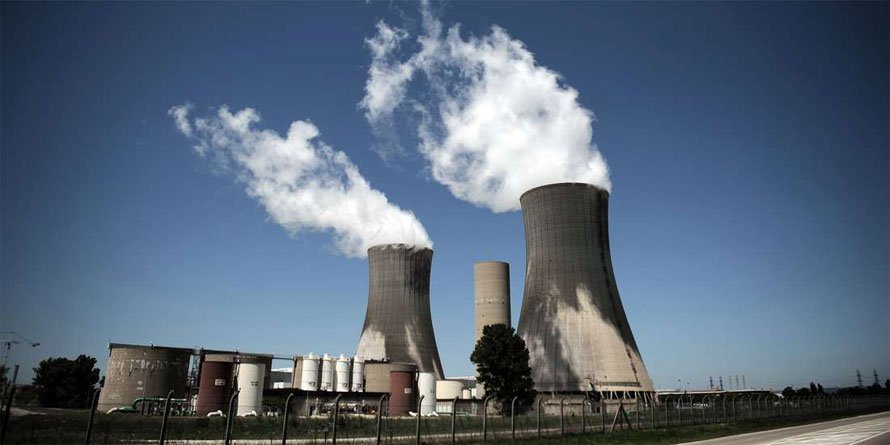A nuclear power plant. FILE PHOTO | NMG The announcement that the government is ploughing ahead with plans to set up a Sh540 billion nuclear power plant with funding from private investors needs a deeper interrogation to ensure that the public is getting value for money.
The taxpayer has all too often been forced to pay for idle capacity, due to power purchase agreements that guarantee payment to the investors whether or not the power they are producing is used.
There are two things that the Ministry of Energy must consider before going ahead with the project.
The first one is whether the cost of the power that the nuclear plant will inject into the grid compares favourably with alternative options.
The fact that the plant is to be built by a private investor means that they will naturally expect to recoup their construction and plant operation costs while also making a profit.
The last thing the economy can afford is yet another line of expensive electricity, which has made local industry uncompetitive against regional peers who enjoy cheaper power.
If nuclear power is, indeed, found to be costly, then resources would be better deployed in alternatives such as geothermal, which also offer the same reliability as the nuclear power.
Second, the issue of idle power capacity must also be considered before the country commissions the new plant.
Latest figures from the Energy and Petroleum Regulatory Authority show that Kenya Power has since April been unable to sell about 24 per cent of the power or 214 million kWh it bought from generators like KenGen.
Ideally, the power distributor ought to maintain a buffer of about 15 per cent between supply and demand to offset any spike in demand.
Even accounting for the dip in demand due to the Covid-19 pandemic, such a wide buffer would raise questions over whether the country can absorb a new large injection of power.Granted, there are arguments that the country needs the stable, additional power if it is to industrialise.It should, however, be brought into the grid in a way that ensures that power users are not being forced to pay high tariffs to compensate producers of idle power that is not being deployed usefully in the economy.
